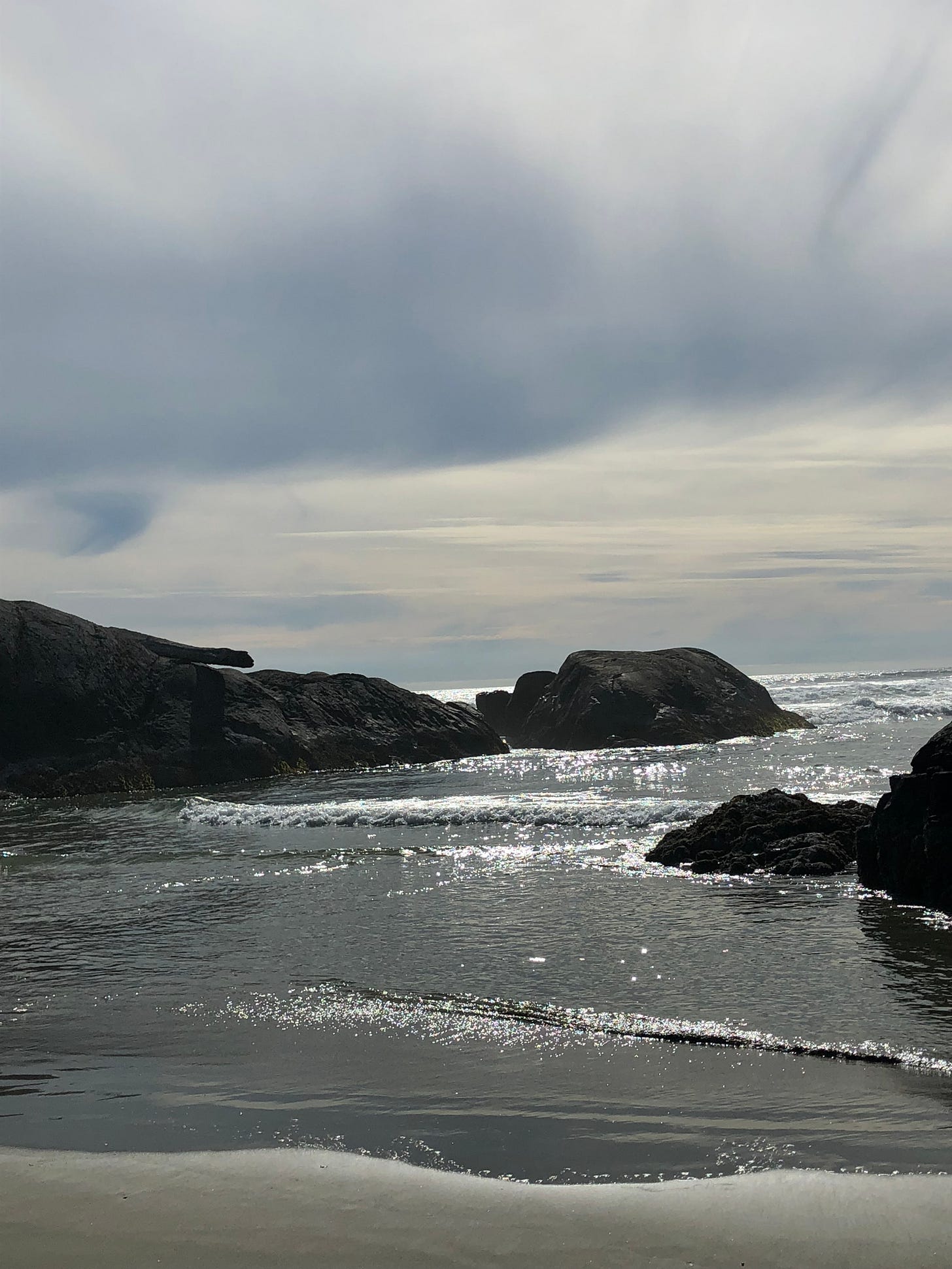During the mid-nineties I was studying at Regis College on St. Mary Street in the heart of U of T with the imminent Catholic scholars Dr. Annice Callahan and Dr. Margaret Brennan. A particular interest of my studies with these wonderful Catholic sisters was the writings of Thomas Merton and his exploration of Christian spirituality, and particularly his idea of the ‘true self/false self.’
Merton lived as part of the Trappist monastic community at the Abbey of Gethsemani in Kentucky where he worked out his vocation as monk, priest, writer, and teacher. One of his special interests was the monastic life and he found a rich source of shared understanding and experience in the Buddhist monastic world. So much so that in the 1960s he wrote a famous essay entitled Thich Nhat Hanh Is My Brother to celebrate interfaith conversation and to help protect his younger Buddhist friend from the vestiges of McCarthyism.
A specific link between Merton and Thich Nhat Hanh that still impresses me deeply is their shared emphasis on living one’s life truly awake—not to drift through life half asleep but really be awake to the present moment. The Apostle Paul alludes to this truth when he uses the language ‘be attentive,’ ‘be alert,’ ‘keep watch,’ ‘keep your eyes open,’ and ‘be awake.’ Thich Nhat Hanh captures the same idea in his language of ‘living mindfully’ or ‘maintaining our mindfulness.’ To be mindful is to be fully engaged in whatever task you have at hand, whether it is eating an apple, drinking tea, cooking a meal, planting a garden, or writing a blog. Wherever you are, be there. It seems to me that in our scattered and fearful days the practice of mindfulness is more important than ever.
The life of Thich Nhat Hanh came to an end recently at the ripe old age of 95 and in his honour I offer a mindful word from the Zen Master that resonates with my heart:
When you see only waves, you might miss the water. But if you are mindful, you will be able to touch the water within the waves as well. Once you are capable of touching the water, you will not mind the coming and going of the waves. You are no longer concerned about the birth and death of the wave. You are no longer afraid. You are no longer upset about the beginning or the end of the wave, or that the wave is higher or lower, more or less beautiful. You are capable of letting these ideas go because you have already touched the water. (Thich Nhat Hanh)
p.s. What do you think Thich Nhat Hanh means by ‘touching the water within the wave’?





I think he speaks of embodied presence. It’s possible to go for a walk and miss the dance of leafy branches that give playful shadows owing to a a concern or condition that absorbs our attention. Water does not wait politely but grounds in the experience of getting and being wet